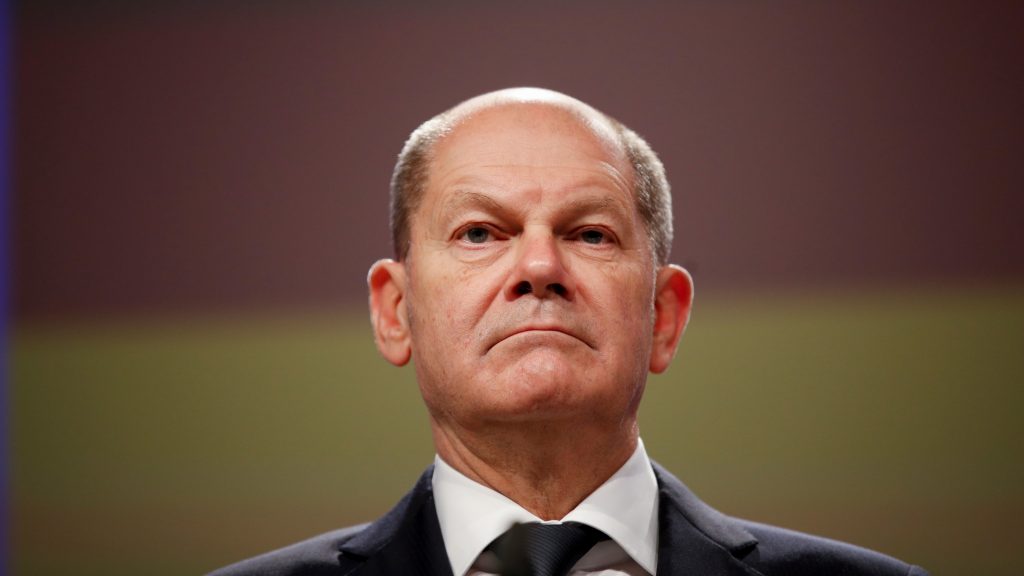
Minimum wage increase 2025. News. Germany Plans Major Minimum Wage Changes Starting in 2025 – Germany, a key player in the global economy, is facing challenges that impact its citizens’ quality of life. Rising living costs and decreasing real incomes mean more people are feeling the pinch. To address this, the German government is planning a significant change that will impact millions of workers. On Saturday, Chancellor Olaf Scholz proposed a new way of setting the minimum wage to ensure it grows with average wage trends in the country. If approved, this could lead to an increase as soon as 2025.
Germany set for a minimum wage increase starting in 2025
Currently, Germany’s minimum wage stands at 12.41 euros per hour, determined by the independent Minimum Wage Commission, which includes representatives of workers, employers, and industry experts. In 2025, an automatic 41-cent increase is set to take effect, sparking significant debate. Chancellor Olaf Scholz (SPD) proposes shifting minimum wage adjustments to align with overall wage growth. In his weekly video address on Saturday, he highlighted that under this approach, the minimum wage would likely rise to around €14 per hour. While the Greens and some unions back this proposal, the FDP has sharply criticized it, arguing it could lead to unintended economic consequences.
Read also: Great News! December Tax Allowance Increase for Employees
Olaf Scholz backs significant minimum wage increase
Scholz advocates for a more flexible system to adjust the minimum wage, noting that while wages in Germany are rising at a record pace, many workers aren’t seeing these gains in their household budgets due to high inflation. He argues that raising the minimum wage could help low-income earners better manage the rising cost of living and support economic stability. “Good working conditions and fair wages are the foundations of a healthy economy,” the chancellor emphasized in his Saturday video message, as reported by T-online.
Entrepreneurs fear rising costs
The proposed minimum wage changes are stirring strong reactions among both politicians and employers. Many workers view the reform as a lifeline to help manage rising living costs. However, entrepreneurs—particularly small business owners—are more cautious, fearing that higher operating expenses could harm their businesses. This concern is especially pressing for industries with lower profit margins and in regions where wages are already relatively low.
